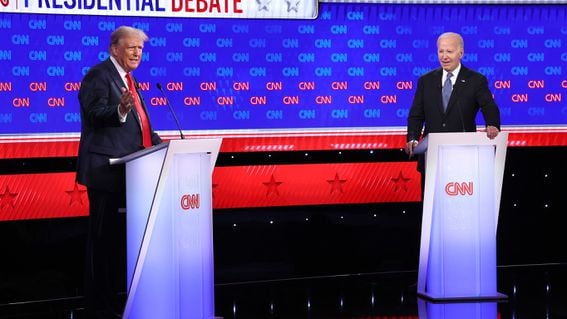The White House has announced the first-ever framework to regulate crypto in the US. The framework extensively focuses on stopping fraudulent transactions and money laundering using digital assets, as well as efforts to make borderless transactions easier.
The announced framework is a result of an earlier executive order issued by President Biden in March, calling for federal agencies to assess the benefits and risks of cryptocurrencies.
The new framework fulfils the existing regulations laid out by the SEC and the Commodity Futures Trading Commission. So, what are the key takeaways from the new regulatory framework?
White House vouches to fight illegal crypto financing
An exclusive section of the White House’s new framework details measures to eliminate illegal activities in the industry. This section emphasizes that the President will retain the right to call upon Congress to amend anti-tip-off statuses, the Bank Secrecy Act, and pass any laws against unlicensed money transfers. The President can also call Congress to evaluate any crypto exchanges or NFT platforms.
This means that the government can potentially pass any bills to regulate any DeFi or digital assets platforms exclusively at any given time. So, going forward, crypto exchanges and NFT marketplaces will have to maintain caution for US traders.
The framework also outlines that the President is exploring the possibility of influencing Congress to increase penalties for unlicensed money transfers. The President can also call Congress to amend certain federal statuses for prosecuting digital assets crime.
What will be the next regulatory steps in the US?
The new framework also includes a fact sheet describing the next steps for the US government. The treasury department will conduct a risk assessment of DeFi services, which will be completed by the end of February 2023. There’s also an assessment of non-fungible tokens in place by the end of July next year.

The Federal Trade Commission has also quoted research saying that more than $1 billion in crypto has been compromised due to fraud since 2021. In fact, the SEC charged eleven individuals recently due to their roles in creating and promoting fraudulent crypto projects and schemes.
It’s important to understand that although this new framework provides a solid ground for regulating the digital assets space, the regulations are not mandated.





